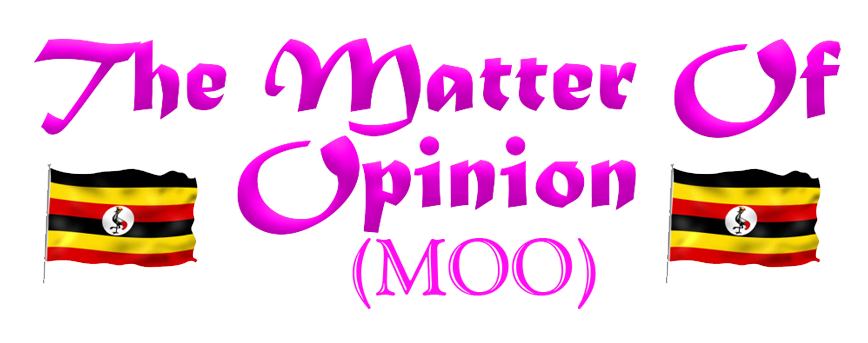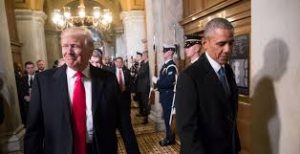MOO #07 – Buganda – Uganda

Matter Of Opinion
#07
”BUGANDA – UGANDA”
In order to acquire understanding of the well known state that is the Republic of Uganda, retrospectively; one has got to understand the Buganda Kingdom as an essential component; its much more than meagre spelling connotation from the altering alphabets “BUGANDA – UGANDA“ which creating poetic similarity. The Kingdom has rather been extremely key in the creation of what is a grown, established and well preserved “pearl of Africa”
More recognised than not, the Buganda Kingdom is located south central of the country and is just one among 52 tribes in the country, covers a land area of only 23,000 square miles and takes up about 16.9% of the population. It is hence the largest kingdom in the country; tribal pre-dominance.
Although generally tribal governance in Africa has gone out-of-date and is considered ancient because of the overwhelming impact of globalisation, the slow travailing modernisation; the rampant enlightenment and consistent growth of the democratic states which has allowed Africa to develop by serving as an ally to the global force that is civilisation; the relevance of the initial and original tribal distinctions of Africa can in no manner be put away. In Uganda especially, the tribes still posses much respect and are a relevant source of ‘camaraderie’ {community and identification} so much value is attached to knowledge of ancient family lineage and accountance on a corresponding ancestral lifestyle. It’s a very profound sincere African aspect; the historic tribal funderments existing even in a nation the size of Uganda and the diversity of languages being spoken advance the tribes as key channels for communication however traditional.
The Kingdom of Buganda is not any less interesting as a source of focus. The Kingdom’s ambiguous history carrying with it a long line of fortune in the hereditary leaders; today the Buganda Kingdom submits to the rule of King Ronald Muwenda II the 36th King in succession to the throne. Alongside his wife and Queen Sylvia the King and Kingdom have much well commanded a respectable reign and have maintained a sound influence in their minimised role in the growth and establishment of the Republic of Uganda.
Historically the Buganda Kingdom’s significance was stamped primarily through the pivotal role played in a contribution made towards the eventual strive to independence of the country. More than the others, the Baganda as a people will remain famous for collectively being an instrumental figure during Uganda’s colonial days. Ultimately on the day of independence it was one of their kings, 35th in succession who was established as the nations first ever president; a reputable milestone. King Edward Fredrick Muteesa II or as he was known King Freddie.
Initial responsibility for the Buganda Kingdom’s enhanced significance could be attributed to early British colonialist explorer John Speke and journalist H.M. Stanley who were first to discover the kingdom and wasted no time in tainting what was a decent image of what was an unknown kingdom during the 1860’s and 1870’s. John Speke triggered this during his search for the source of the River Nile as he referred to the Kingdom of Buganda as a “most advanced” among all others in EastAfrica. He among other early European explorers and colonialists were very intrigued by the good news of the discovery of this ancient kingdom causing to trigger an influx of foreign influence in the late 19th century. The early British missionaries ascribed much value to the Buganda Kingdom regarding it as a kind of found treasure; they were also very much impressed with the military strength and set up of the ancient Buganda kingdom. The British early invasion of Uganda and the procured friendship with the people of Uganda prior to independence was for so many other reasons but their purposes were difficult to come by minus an established outstanding connection with the people of Buganda Kingdom.
To consider Uganda’s current political scene has soundly been dominated by the Ankole people; a 30plus year domination that has disadvantaged the other tribal sects absolutely denying them any chance of exploration as regards political limits and capabilities, the Baganda maintain their historical significance as a founding tribe in Uganda’s initial struggle towards independence and continued political development.
Prior to his controversial death in London in 1969 King Fredrick Edward Muteesa II of Buganda had been first to partake office as President of Uganda in October of 1963. So their role in the accountability for Uganda’s political evolvement is non-negotiable and hardline memorable. They made the colonial work easier and paved way for collaboration. The Baganda were also the initial collaboraters and closest ally to the British early explorers, best friends to the colonialists and most trusted of missionaries. This is very much contrary to other parts of Uganda and East Africa where opposition was mounted, they managed to create a magnificent peaceful understanding with the foreign invaders; allowed them opportunity to advance their cause.
Another very instrumental role of the Buganda kingdom in the shape of today’s Uganda is George William Kakoma Wilberforce; gentleman famous responsible for the absolute magic in the musical composure of the national anthem of Uganda; this is the tune that’s played all over the globe for a signal of the nation. we still have the Kingdom of Buganda relevant and unique; easy to be identified for committed and persevering character amongst all other tribes in Uganda, their hereditary rulers have been an instrument in the founding of what is a great political state …
So the relevance of the Kingdom today is nothing new necessarily, evidently fame was attached to the kingdom from past centuries and being the Kingdom that’s fortunately located to harbour Uganda’s most important institutions today, much more relevance has been attained even in the current political turbulence of the state.









